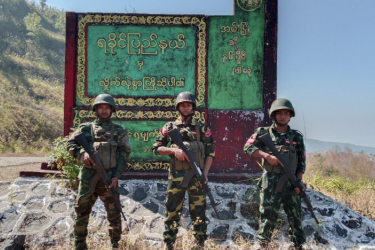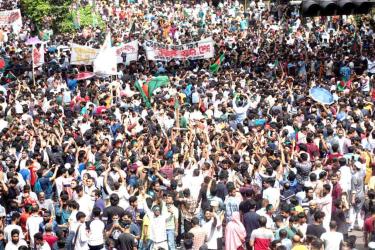Bangladesh
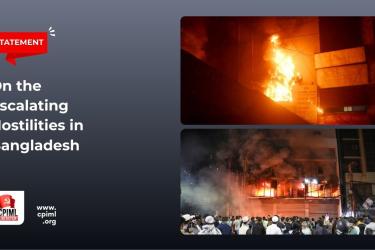
Communist Party of India (Marxist-Leninist) Liberation: On the escalating hostilities in Bangladesh
Communist Party of India (Marxist-Leninist) Liberation — The unprecedented spate of violence in Bangladesh must be halted immediately.
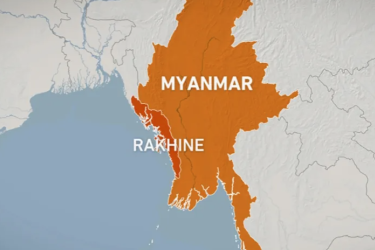
The unending storm: Conflict, power and survival in Myanmar’s Arakan state
The struggle in Arakan is not merely a local ethnic or sectarian clash but a microcosm of Myanmar’s broader civil war, where competing nationalisms, geopolitical interests and survival instincts collide.
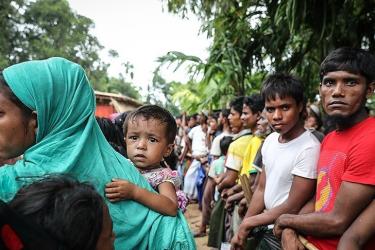
The Rohingya crisis and the national question: A Marxist perspective
Noor Sadaque — The Rohingya crisis is a stark reminder that ethnic oppression is inseparable from class struggle.
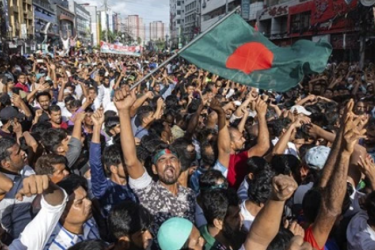
Bangladesh: The ‘Global South’ debt crisis intensifies
Michael Roberts — The overthrow of the Sheikh Hasina’s dictatorial government in Bangladesh is a startling outcome of the economic nightmare that many so-called developing economies are experiencing.
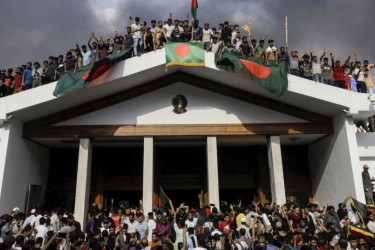
After Hasina’s resignation, the struggle over the power vacuum continues in Bangladesh
Badrul Alam — Prime minister Sheikh Hasina used all the tools of repression at her disposal against the people to retain power, but was defeated in the end.

Communist Party of India (Marxist-Leninist) Liberation: Statement on the developments in Bangladesh
CPI(ML) Liberation — We congratulate the democracy-loving people of Bangladesh at this hour of victorious assertion.

Bangladesh: The defiance continues (plus statements from South Asian left)
Omer Abdullah Khan — Students across Bangladesh are grieving, but their anger and grief is fueling a heroic movement of resistance and defiance.
